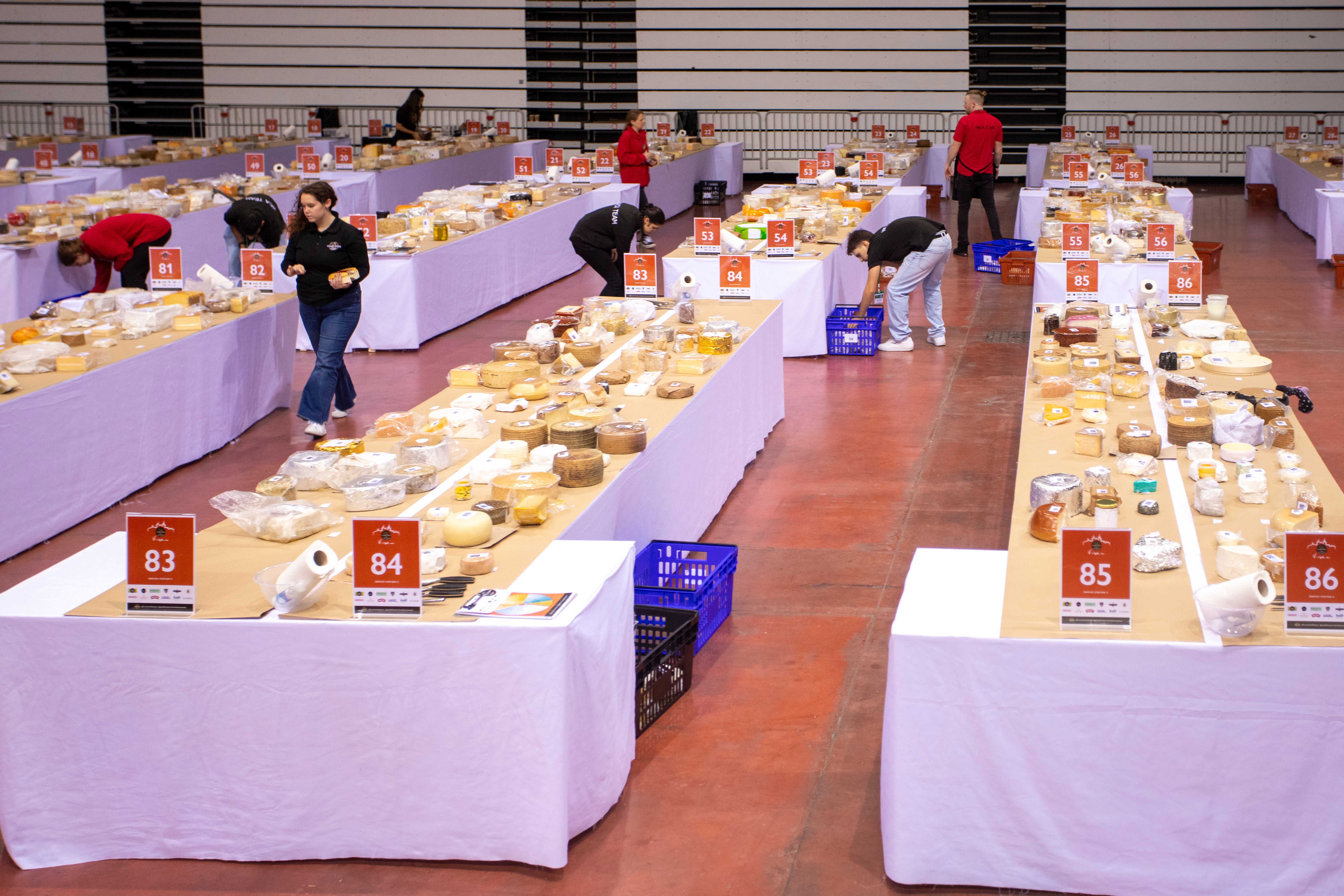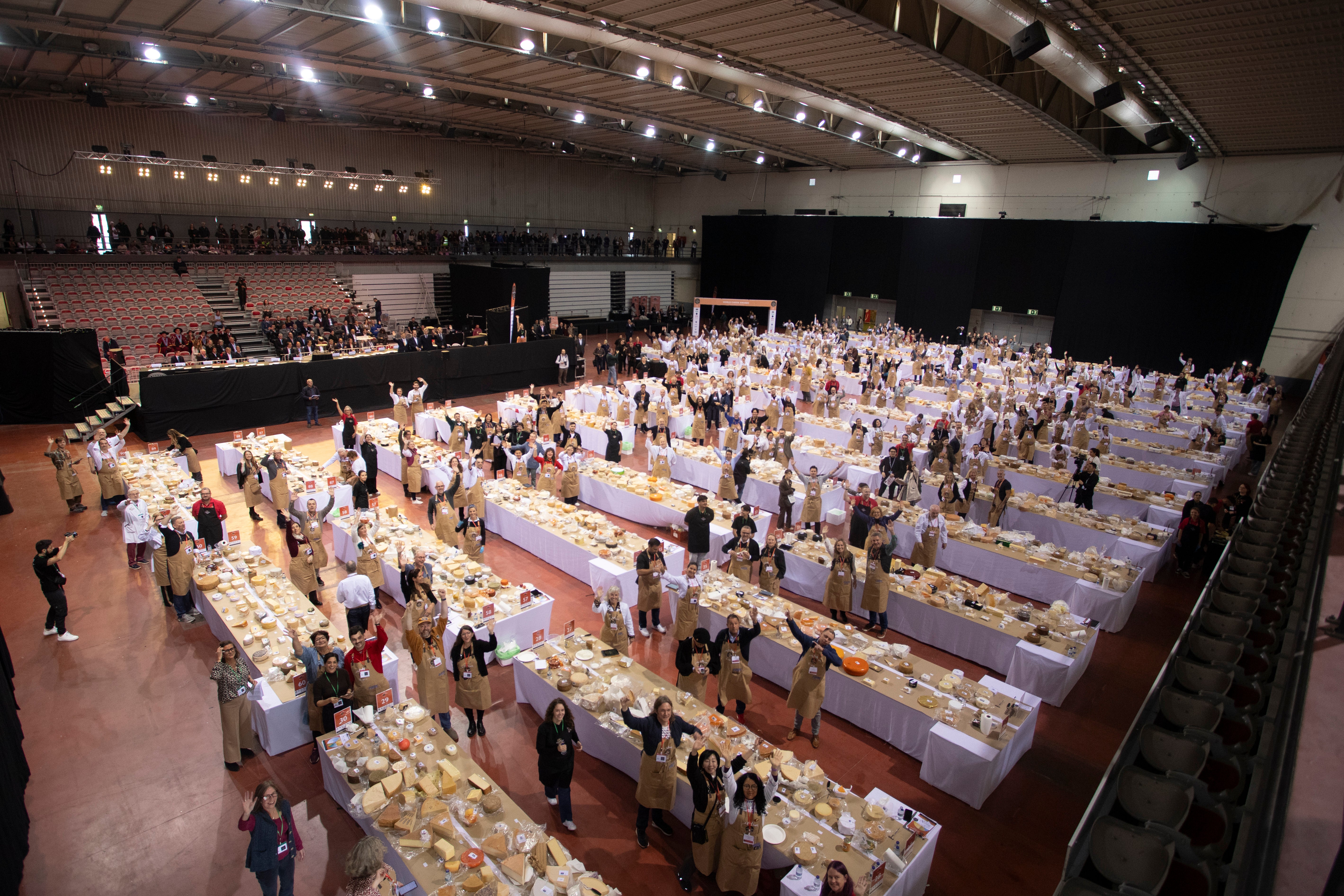
Dozens of British cheesemakers had their dreams crushed after their entries to the World Cheese Awards were delayed due to post-Brexit custom checks.
Nearly 250 experts from 47 countries participated in the World Cheese Awards in Viseu, Portugal on Friday.
Some 4,786 cheeses were tested by judges with a soft, spoonable sheep’s milk cheese made by a Spanish cheesemaker named the best cheese on the planet.
However, British cheesemakers were in for a shock when they noticed big gaps on the tables where their entries should have been. Britain’s cheeses hadn’t passed customs, and distraught craftsmen were robbed of the chance to compete in the awards.
John Farrand, director at the Guild of Fine Food, which organises the event, said the delays "would not have been a thing" before the UK left the European Union.
On some occasions, cheeses from across the world don’t make it to the awards. However, the Guild of Fine Food is granted a special licence to import cheeses, and British cheesemakers complied with all the conditions, Mr Farrand said.

Up to 252 cheeses from 67 British makers may have been affected.
Judge James Grant, co-founder of the Real Cheese Project, attacked the “Brexit red tape” and branded the incident “devastating” and “sad”.
“It’s really devastating,” he told the Observer.
“The UK’s going through an incredible change as far as cheese is going. There’s an incredible amount of hard work from these cheesemakers who are putting handmade artisan cheese back on the map. It’s really, really sad.”
Mr Grant added that since Brexit, importing and exporting cheese has “become more challenging, with the increase of bureaucracy and red tape”.

In 2017, a Cornish cheese won the coveted award, the UK's most recent victory. Grant also bemoaned the fact that the British fromagers, who had put in a great deal of effort during the build-up, had been denied the chance to "change lives overnight”.
This year’s competition – already the world’s largest cheese-only awards – was the most significant to date, with a record number of entries, organisers said.
Some 4,786 cheeses from 47 countries were evaluated by 240 judges from 40 countries, with experts in the field of cheese such as technologists and cheese graders, as well as retailers and buyers, chefs and journalists.
The cheeses, distributed across 104 tables, were assessed by judges in groups of two or three.
Points were allocated based on appearance, aroma, texture, mouthfeel and flavour, with the tally equivalent to a bronze, silver, gold or no medal. Britain’s cheeses did not receive any medals.







